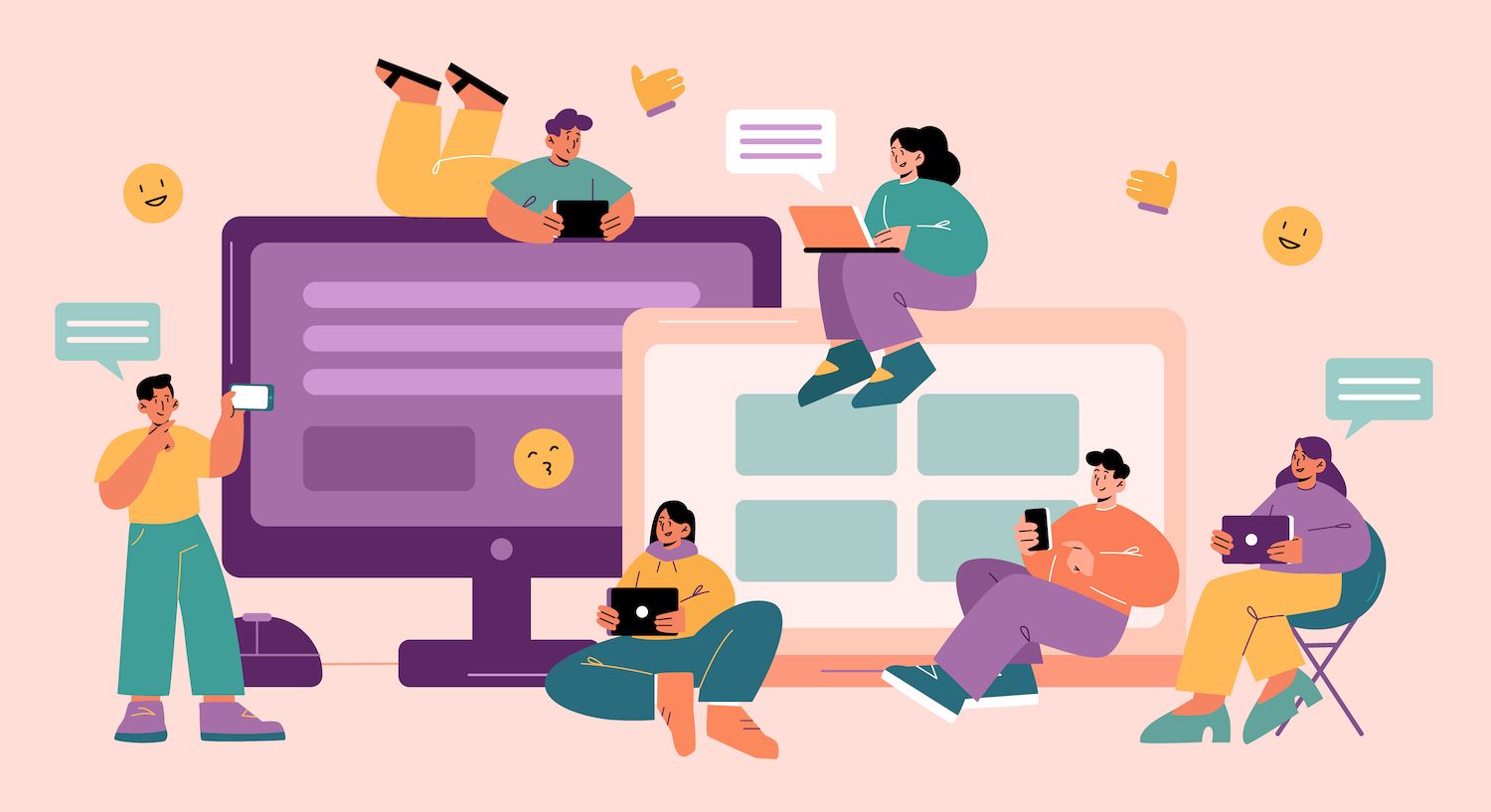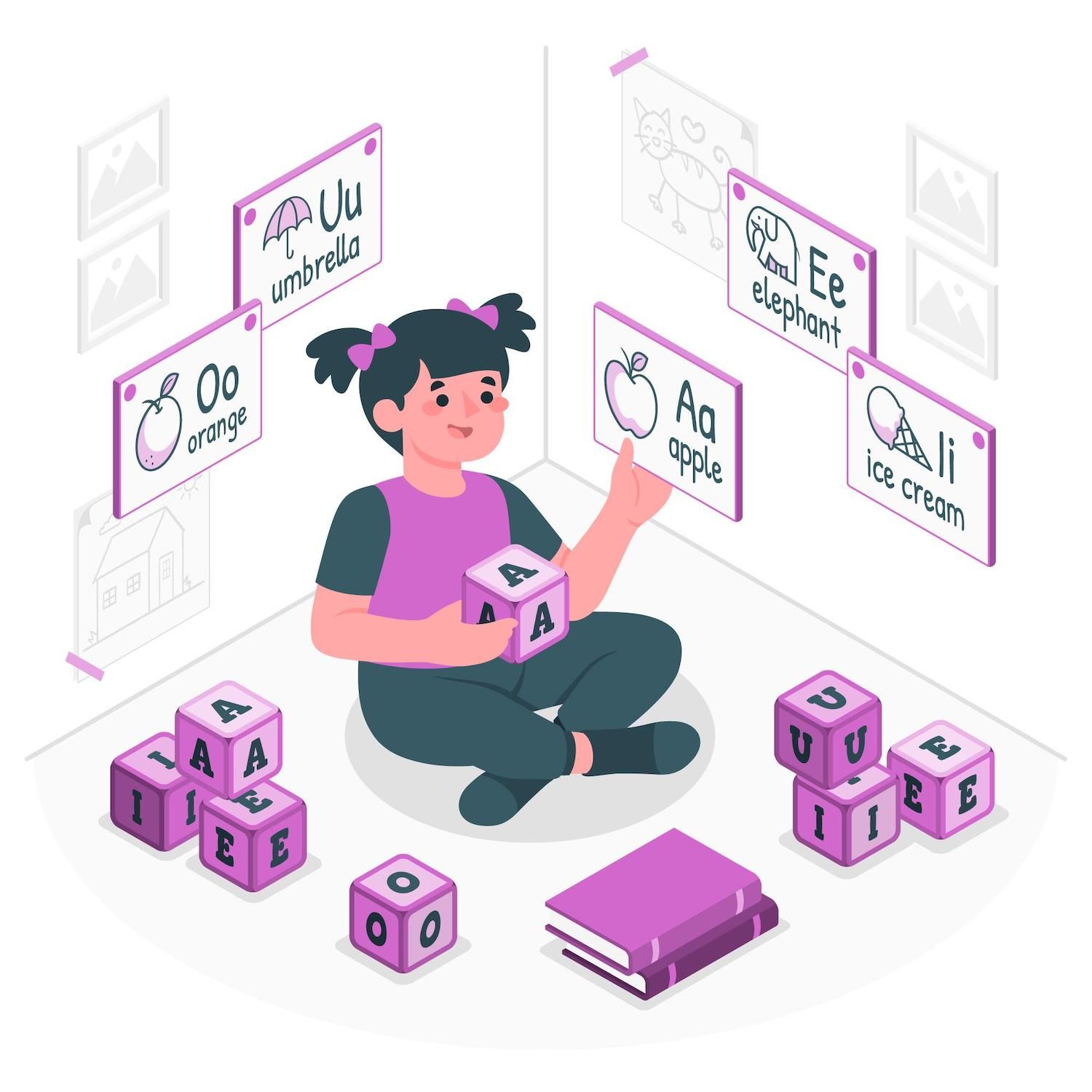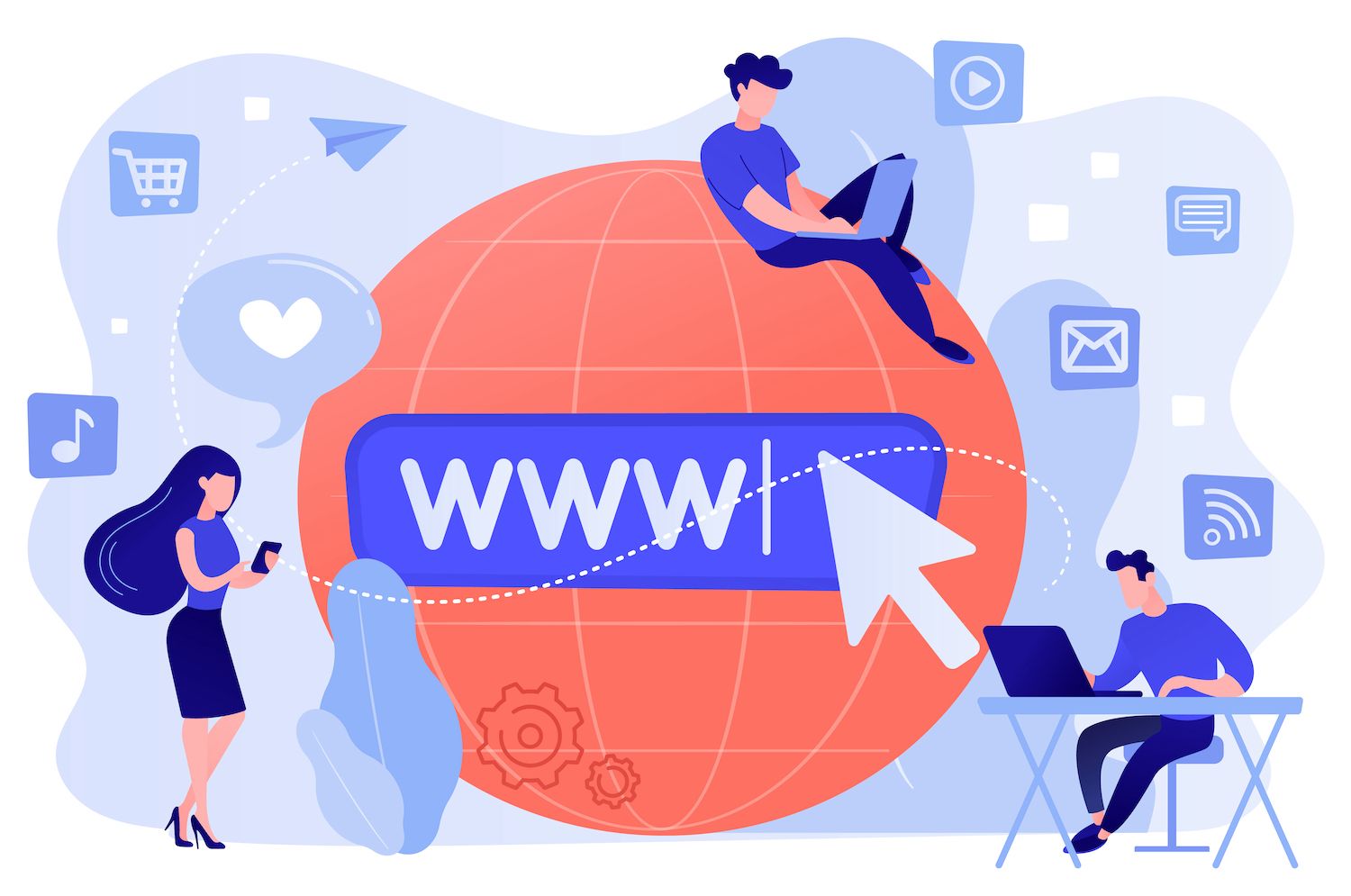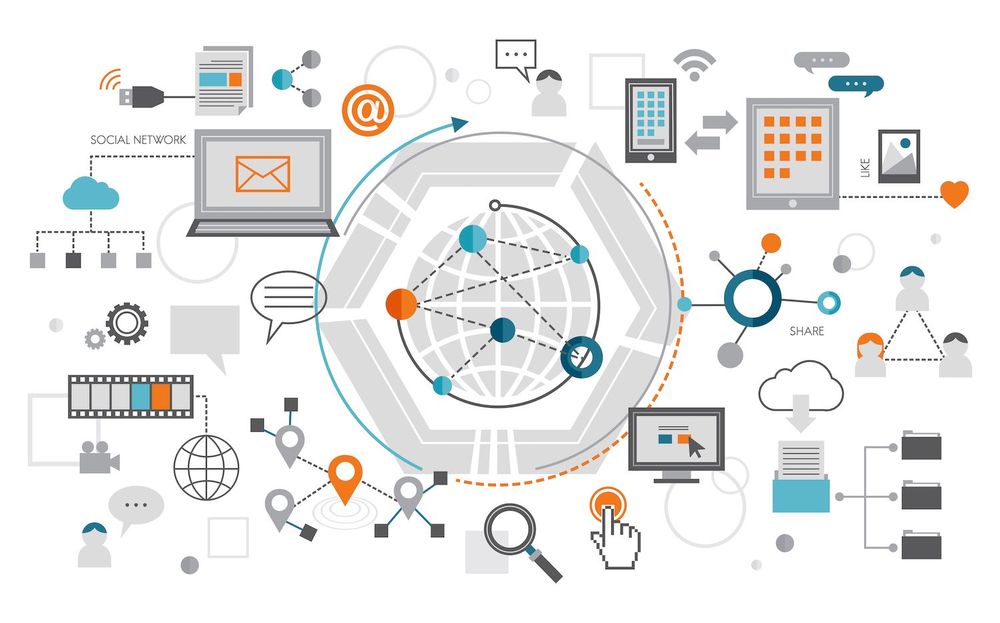Monetize. Monetization. How It Works + Examples (2023) |
The famous Luis von Ahn invented CAPTCHA - those little words you must enter to prove that you're human being-he devised one of the greatest ways to monetize. The software would choose several random phrases from the archives of the New York Times, and the user would type in what they had seen. They didn't realize they had contributed to the digitization of newspapers and old books as well as paying the companies for the service.
It was a creative method of adding a new stream of monetization to the cybersecurity via digital.
In this article this article, we'll take you through the terms monetize and monetization. We'll clarify what they mean and then guide you through the different forms of monetization, and the best way to build a monetization strategy for your brand.

What exactly is monetization?
Monetization refers to the act that generates revenue from items or actions that don't currently bring you profits. In internet-speak, monetization is generally the method we use to consider how people as well as companies who create software or content are paid for their work. In any kind of product, service or program there is a variety of ways to make money depending on how people use the product or service.
Sometimes, monetization is a part of the creation of digital content. A content gate might make people buy a product direct. This happens if you are using the New York Times or Netflix require subscriptions.

However it is possible that monetization involves the addition of extrinsic content. In a traditional newspaper advertising format, advertisements consumed more space and necessitated the addition of pages. However, companies would pay to place the ads where they knew people were looking for them, which gave the papers enough revenue to continue their work of reporting the news. Television works in the same way. So do advertisements on display as well as YouTube advertisements.
Online monetization
If we're talking about the monetization of our websites, we're typically discussing different methods individuals can monetize online things: for instance, a YouTube Channel, a TikTok following, or even a blog or website. The result is common terms like "Are you monetized?" or "I need to monetize." Of course, we've seen the tale of the influencer or blogger who earns $50,000 per month.
There are a variety of ways of making money from on the internet. For example, a blogger might monetize a website with advertising along with affiliate products and courses they market. Social media companies monetize their user's data rather than offering users a no-cost service, while charging businesses to put ads on the front pages of their viewers.

Because there are many different methods to earn money, monetization needs creative thinking about the ways to monetize something-which is what Luis von Ahn came up with in CAPTCHA. In addition, there are innovative monetization solutions all around us. As an example that the market for stocks lets stock holders monetize ownership in corporations, however the derivatives market adds even additional monetization options to the market by using items like calls and options. (If you've seen the movie The Big Short, it is a comparison of these markets to "side bets." .")
As you think about your monetization model and monetization strategy, be creative when tackling the issue and finding a monetization method that works for you.
Monetize means "to convert something to money." When you've got an item you've made: digital content, digital goods, an app, or software, monetize is turning that item into money. However, it's not actually doing it. Most of the time it's about figuring out ways to generate money from the usage of your item. You're turning uses, views, subscriptions, members, etc. into money.

What exactly is a monetization strategy?
A monetization model describes the method or methods to earn a profit by selling a service or product or creation intellectual property even your personal name. There may be many components in your model of monetization. All are required to function in tandem to generate the income you need.
If, for instance, you were creating an app it is possible to include in-app purchases, charge for downloads, add advertisements or any of the above. If you've created software, you can choose from different monetization models. You could "white label" the software and then license it to users for use under their own branding. You can sell access to it under your own brand or offer access to users for free using a the "freemium" or upsell.
A monetization strategy is the process by which a single or multiple streams of income combine to create an entire brand's revenue.

Types of Monetization
These are some of the most well-known methods of the monetization. However, they're not the only methods to make money. Ultimately, there are ways to monetize that are being created constantly. Note that these are also not mutually exclusive-many brands use more than one of these (and there's some crossover ).
Members Mmonetization
Member-led growth is one of the best ways to monetize. The next generation of businesses that will grow rapidly are expected to be those that will convert their customers, users as well as subscribers to members. It will be done on a massive an incredibly large scale.
Member-led monetization can be as simple as creating an annual membership fee for your community. But doing this creates valuable income that is recurring, and your members produce content, and then share with other members to help grow your community on autopilot.

Here are some examples of how member-led monetization work:
- An entrepreneurship org. It launched a brand-new app for more than 5,000 members. We earned $30,000 in 2 1/2 weeks.
- The health-focused launch of 100 premium members, which also added $40,000 to the ARR.
- Author and speaker launched a 4-week promotion in their community of members and earned the addition of $30,000 in revenues.
- A podcaster and author sold 5,000 seats to a $997 course in 10 days to existing members.
- One community started an add-on 13-week course that added $100k to revenue in 2 months.
If you're running an item that is based on membership, you'll find that you usually earn money from your memberships and any other things your members buy-a business model McKinsey refers to as the community flywheel .

Digital Subscriptions
Subscriptions and monetization work similar to a membership model. But your customers aren't adding benefit. They instead consume content or software which you've created or licensed. It's a popular model for software companies as companies like Microsoft and Dropbox have been able to make subscriptions their bread and butter.
And it works for the content, too. Netflix as well as Disney+ have built empires with subscription services. The subscriptions have even helped save from the New York Times; in 2020, there were 8 million print and digital subscribers.

Freemium
The model of freemium monetization that's really popular with software businesses, because it allows customers to test a product for free before signing up. This is because the monetization structure takes charge of a free trial and eliminates the requirement for things like "money back guarantees" because the purchase doesn't have to be made in advance. However, it also lets members, users, etc, easily upgrade to get over the paywall after a certain period of time OR to receive additional features.
Content monetization
There are many ways to earn money from content like digital subscriptions or memberships. However, for creators of content there are endless options. Here are a few typical choices:
- Affiliate marketing is when you talk about the products you sell on your website or social media feed when someone clicks on a brand-approved tracker link, you could receive commissions. Numerous websites and blogs earn money with affiliates.
- Advertising: Monetizing through ads is a proven and tested monetization strategy for companies that are content heavy, ranging from TV channels to websites to applications (more about this in a minute). Advertising can be paid per advertisement, or per visit (usually called RPM=revenue per mille ).
- Sponsorships: A sponsored content is typically was formerly a term used to describe the blog posts that were sponsored. Today, more and more sponsorships involve influencer-created posts.

Social media monetization
We usually think of social media monetization as a method by which people can earn money from their social media accounts. The majority of social media owners monetize with different options already included in this list: advertising, affiliate marketing, and sponsored posts.
However, there's also the matter of how social media platforms actually make money, and they're creative. Below are two instances of how social media giants make money:
- Meta: By leveraging its most popular brands like Facebook and Instagram, Meta makes money through selling attention. And with two billion people using it every day, the company has a lot to sell. Meta gathers data from users and sells companies the chance to get the right adverts to their customers using highly-targeted data on demographics. This led to a staggering the amount of $32 Billion in the final third quarter in 2022. Meta's data gathering is so effective that it has been the subject of scandals (think Cambridge Analytica's efforts to influence the outcome of elections).
- LinkedIn: LinkedIn is much smaller than Meta and has 141 million daily users. But it's created a unique monetization model that is in line with the strengths of a platform. As a career and networking site, it can sell Premium plans to job seekers (giving them a competitive edge when applying for jobs) as well as offer exclusive plans to recruiters and employers at a premium. The platform lets all types of user have what they require through the platform. And it still sells ads too. LinkedIn generated more than $13 billion in revenue in 2022.
If you take a look at any of the social media channels, you'll see they have one thing to be able of. They don't charge users for access to the platform to begin with. Their aim is to gain an enormous amount of engagement and interest, which is followed by the conversion of some users to premium plans or, more typical- to sell their users the attention of advertisers.

App monetization
App monetization is a world in itself, and we've created a tutorial on it. However, let's simply say that there are a variety of methods to monetize apps, including subscriptions, memberships as well as ads. What makes apps unique is the category of In-app purchases.
These are the 13 ways that mobile apps can be monetized in the future, so be sure to go through our article on mobile app monetization to take a deep dive into each.
- Freemium
- Ads and Premium
- ads only
- Ads + In-App Purchases
- Subscriptions
- Memberships
- Courses
- Events
- Product (physical or digital)
- Single-time buy
- Services
- Selling user data
- Crowdfunding

Monetization based on product
Sometimes, the best monetization model is a product. It can be digital or a product such as a major online course. As an example, we've previously mentioned that a journalist and author on Mighty sold 5,000 seats to an online course of $997 in just 10 days. It's an amazing online product monetization strategy.
The selling of physical products is a tested and true monetization model too, and there are some really cool brands that have discovered how to transform digital buzz into real-world product success.

Just look at Peloton, who created a physically-based bike that connects in to workouts and others who are fitness-minded with real-time updates. Also, Peleton became a teenager during the pandemic, when people were looking for an exercise option. We've also seen celebrities launch physical items and then use their brand names to promote them, like Ryan Reynolds' Aviation Gin brand that he recently sold for $600 million.
The integration of items with internet-based attention is just beginning, but we'll see a lot more of it in the future.
Licensing
It's a largely under-valued monetization strategy, but for those with an intellectual property rights, licensing may be a fantastic way to monetize. In essence, licensing is when you own a certain procedure or model, and then you sell the rights to others to use the model. If you come across anyone selling "Trademarked X method to X" you're probably looking at a licensing model.
As an example Many thinkers will create their reputations around TED Talks and op eds, but will grant permission to use their concepts to businesses.

Consulting and other services
It's similar to licensing but those who build expertise on their content online can often sell the application of their content. As an example, many of creators on LinkedIn and YouTube that share their expertise are able to be hired by individuals and companies to use it directly. If you owned a YouTube channel that was dedicated to helping entrepreneurs expand their businesses, it stands to reason people might be interested in hiring your services as a coach. This is why services and consulting can be a fantastic monetization model.
Data
Another monetization strategy is to profit from data. For this instance the platform gathers information on its users and sells this data to third-party advertisers. This is the norm for the social media industry (above) however, they're not the only ones collecting and selling data from users.
In almost every field, from health care to finance, firms are capturing and making money from the data of their customers. However, while selling data is an monetization strategy that is used by many tech firms however, it's not a model that most smaller brands and creators employ based on a the reason that it's not used for. It's difficult and complicated. must be carried out on a large scale as well as having a lot of legal considerations.

What monetization model is the most effective?
Each model comes with benefits and drawbacks. The freemium model lets users test products or services before paying and could facilitate selling. Charging upfront will take greater effort to sell, but may result the cash in earlier on. Subscription monetization models bring the same revenue each month, but requires ongoing client service. Additionally, you require customers to be loyal enough to ensure to reap the real value of the recurring revenue.
There are numerous ways to make money off of any, product, or service particularly within the digital realm which is why choosing a monetization model that allows you to manage access, user growth, and the goals you have set is important.

Monetization model examples
- Vikrim starts the first online community and then decides to charge one fee up for the first year that gives annual access, and include everything that falls under.
- Ali creates a paid, subscription newsletter with advice and deals that she sends out every month.
- Charles has been a major influencer, and offers social tokens for individuals to have more access.
- James develops an app and makes it free with in-app purchases.
- Jen is an influential writer and thought leader who monetizes her work through speaking and book sales.
How to develop an monetization plan
As you plan to market your business here are some suggestions for establishing your strategy:
- Know your strengths. A large portion of efforts to monetize fail due to individuals don't recognize the strengths of their brand. For example, let's say that you only have a handful of members who are committed. Advertising isn't the best way to monetize, since they need to be in large quantities. An ad-focused product could be perfect. But the case could be different if you have the website that didn't have a clear area of focus and lots of users advertising might seem more sensible. A product isn't likely to be successful without a clearly defined niche. Choose your strengths and choose the one that best fits your needs.
- Ask your members When you're thinking about making a product or a service to make money from, ask your existing members to find out what they most require from your company. In an online community, this is as easy as asking a question.
- Be sure that it is appropriate Certain monetization strategies do not work because they misunderstand the audience. For example, there's a case of a blogger giving career advice to unemployed millennials and decided to create an expensive product. It was a disaster. The audience were enthusiastic, however, they didn't have a dime (remember that they had no job! )
- Align your tech: Monetization-especially done online-usually takes some sort of tech solution. If you're looking to monetize an online community, it could be as simple as turning to a membership program or a bundle. Each monetization option requires some planning. Are you planning to self-publish your ebook? You'll have to be familiar with formatting, cover design, as well as how to use the KDP platform (or hire someone who does). Want to put ads on your site? You'll need to get into an ad network like Mediavine as well as Ezoic and set it up.
- Understand the business side If you are doing business online, earning cash is something that the IRS holds a strong opinion on. Make sure you understand what you need to do to report the earnings. A visit to your small business center in the area could be in order. They can frequently provide you with the information you need.
- Test, adapt to learn Learn, test, and adapt: The first method of monetization you attempt might not be the most effective. Do not be scared to test different things (and let things go) until you find the best solution for your needs and your customers.

Conclusion
While you search for the right monetization model take note of what works for your brand and the members you have. Avoid imposing the process. It is important to manage monetization carefully, without risking your customers' loyalty, or damaging the user experience of your service.
If you want a great way to build a member-led growth business, come build upon Mighty! It is possible to make money through community and content such as courses, classes, as well as live activities. It is also possible to try it free in 14 days!
